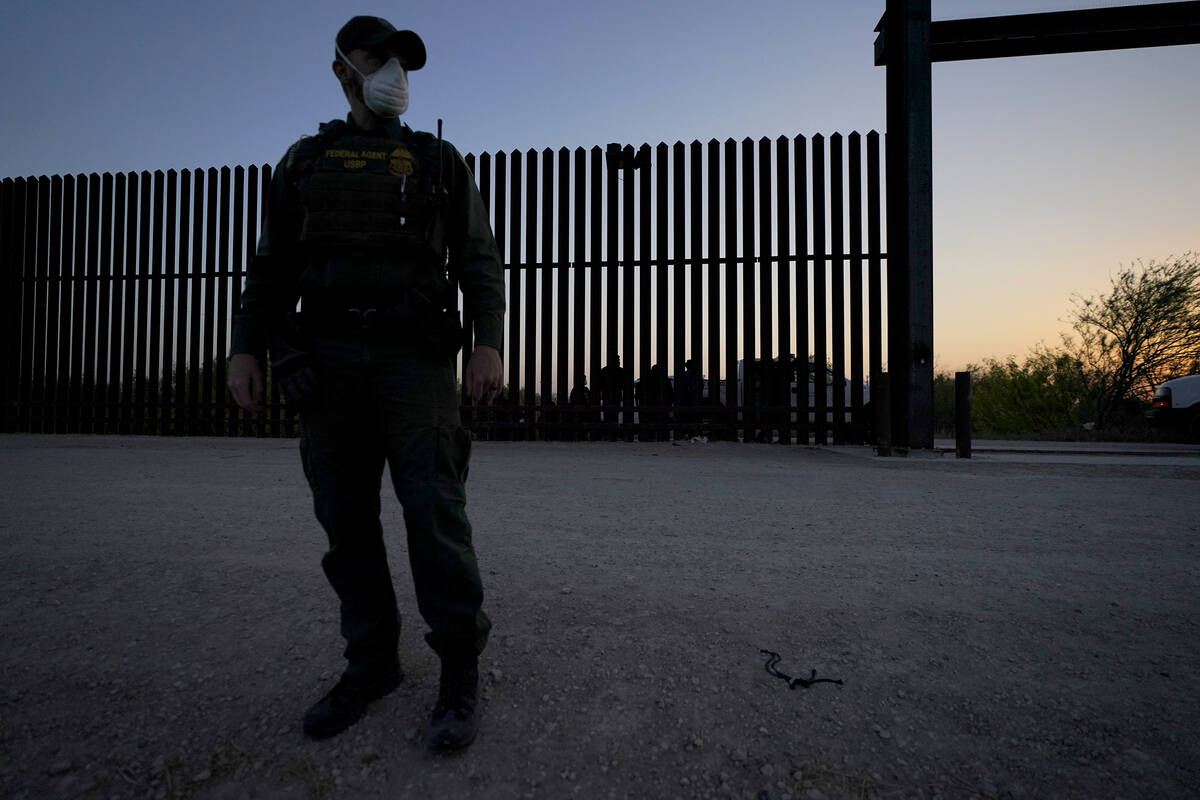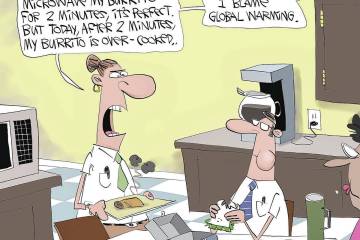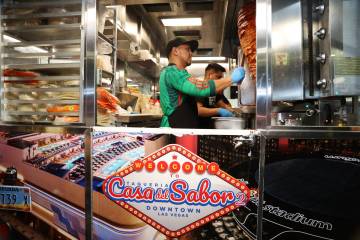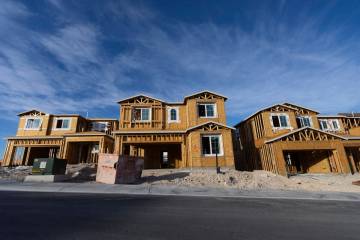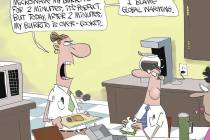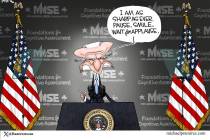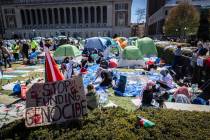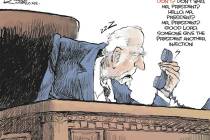CLARENCE PAGE: Maybe migrants should thank GOP governors for free bus rides
It’s ironic to see the best-laid plans of political men and women lead to unexpected consequences.
But it happens. Take, for example, the issue of immigration reform, Texas-style.
Texas Gov. Greg Abbott put an extra 10-gallon hat full of irony into the issue when he decided to bus migrants into New York, Washington and, most recently, Chicago.
The Republican governor’s plan, meant as a crackdown on illegal immigration, actually created one of the most generously funded services to help migrants entering the country begin their resettlement: a free bus ride.
Because many of the migrants already had family or other contacts far from the border, the free transportation helped many to connect with relatives or friends who can make their transition into the United States that much smoother.
Florida Gov. Ron DeSantis, picking up on Abbott’s idea, went upscale. He sent a couple of planes to Texas and gave about 50 migrants a flight to Martha’s Vineyard, the island getaway for the wealthy near Cape Cod.
Chicago’s not that wealthy — per capita, anyway — but it’s just as welcoming in other ways. Since the first of Abbott’s busloads arrived from Texas at the end of August, nearly 1,500 migrants have arrived in Chicago from Texas as of Tuesday, city officials said. Some were also taken in by suburbs.
Either way, not much of significance has changed about the real long-term problem, which is the country’s broken immigration system.
The only thing really new is the midterm election season, which offers politicians from both parties opportunities to stake out their usual positions along the Great Wall of Gridlock.
Illinois Gov. J.B. Pritzker and Chicago Mayor Lori Lightfoot welcomed the new immigrants to the state, while accusing the Republican governors of playing with desperate people’s lives.
The Republican governors countercharged the Democrats with hypocrisy for failing to “secure the borders” and lift Title 42, the federal emergency health order that allows officials to turn away migrants at the border to control the spread of COVID-19. The order unfortunately has led to a jam-up of mass repeat crossings that overwhelm an already exhausted Border Patrol.
Is there any resolution in sight? Probably not soon. This is, after all, an election year, when political issues tend to be easier to ballyhoo than to solve.
It is interesting, for example, that while GOP leaders have become staunchly unwelcoming to asylum-seekers in the Trump era, farmers across the country are pushing for national immigration reform to admit more farmworkers, ease labor shortages and, one hopes, lower food prices.
At a time of surging production costs, agribusiness operators have been pushing the Farm Workforce Modernization Act, which has passed the House and is pending in the Senate.
Advocates say the bill will provide agribusiness with a stable, reliable workforce by improving the seasonal farmworker visa program and — take note — creating a path to citizenship for agricultural workers without permanent legal status, among other changes.
Does “pathway to citizenship” sound familiar? We haven’t heard much about that concept since the days when it had robust bipartisan support during the administration of President George W. Bush.
I think I witnessed its downfall when one of its staunchest advocates, then-aspiring Republican presidential candidate Sen. John McCain, was booed off the stage for favoring a pathway to citizenship at the 2007 Conservative Political Action Committee convention in Washington.
I think I was more shocked than McCain by the reception, but I was still remembering the days when immigration was a largely bipartisan issue. That ended after President Ronald Reagan’s 1986 immigration reform bill awarded amnesty to 5 million immigrants who were in the country illegally.
Although the measure also included a crackdown on employers of workers who lacked permanent legal status, it wasn’t enough to soothe conservatives, especially when the number of residents living in the country illegally soared from 5 million in 1986 to more than 11 million in 2013.
With that, trust was broken between many key conservatives and a president who had been perhaps their greatest hero since Abraham Lincoln. By the time Donald Trump announced his candidacy for president, promising a rather preposterous wall along the southern border, the immigration issue had been gridlocked.
So for now, instead of a workable way out of our immigration dilemma, we are left with platitudes, slogans and bumper stickers — and some free bus rides.
Contact Clarence Page at cpage@chicagotribune.com.



